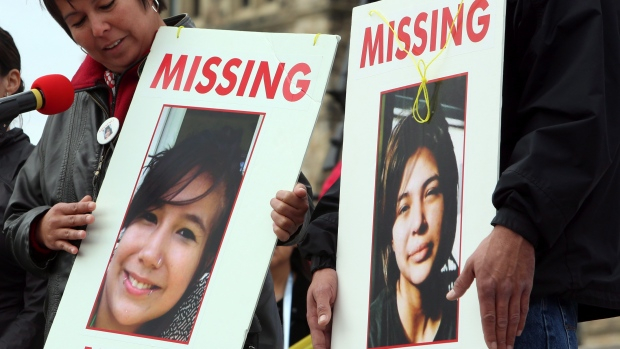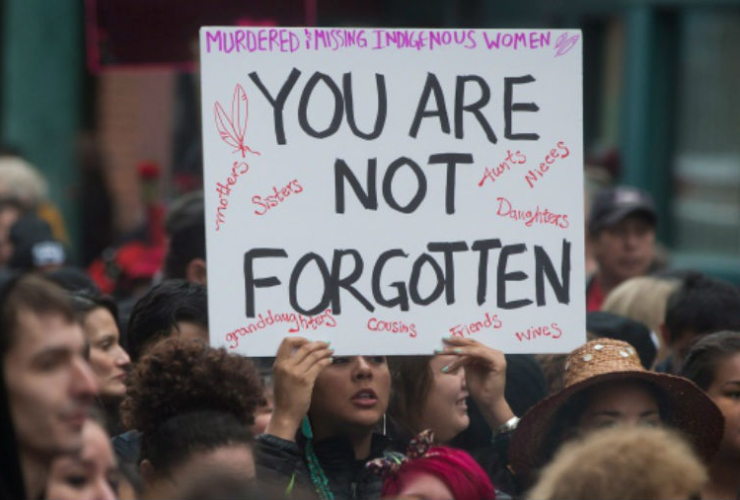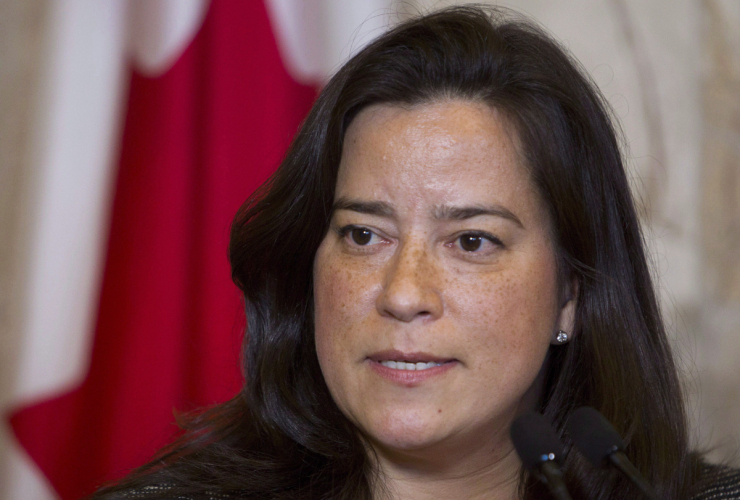As the country applauds the federal government's recent decision to launch a national public inquiry into missing and murdered Indigenous women (MMIW), eyes have inevitably turned towards British Columbia.
In 2012, the province launched its own Missing Women Commission of Inquiry in response to serial killer Robert Pickton, an inquiry that at the time was criticized as "fundamentally flawed" by the Coalition on Missing and Murdered Indigenous Women and Girls.
According to Indigenous advocates, its scope was too narrow, there there was no financial legal support for the families of victims, and the province failed to follow through on most of the report's findings.
These advocacy groups have already called on the Trudeau government not to repeat "the same mistakes," and on Tuesday, former Vancouver Police Department (VPD) detective Lori Shenher added her voice to the chorus.
She hopes the federal government has learned from the weaknesses of B.C.'s investigation.
Importance of a "heartfelt" initiative
"It never came from a heartfelt attempt to really get to the bottom of what was going on in a way that was going to stop it from continuing to happen in the future,” she told National Observer of the 2012 provincial inquiry. “Right away it was poorly funded.”
Shenher was the original investigator for the Pickton case, which found the DNA remains of at least 33 women on his farm outside Vancouver, B.C. Many of them were from Vancouver's Downtown Eastside community, a neighbourhood rife with poverty and homelessness, and the hub for the city's sex workers.
During the election campaign, Prime Minister Justin Trudeau promised to invest $40 million over two years to a national MMIW inquiry, although the financial details of the new inquiry have not yet been released.
"It’s not going to be cheap," she said, "but I really hope that it’s going to be all-encompassing enough that it’s actually going to make a difference and it’s going to save money in the long run, and save people obviously.”
Shenher further emphasized importance of family consultation, which in the 2012 B.C. inquiry she considered "cursory at best."
“I think it stemmed from people in positions of government and power deciding what the issues were, deciding what was needed and what the problems were."
Hope for the future
The retired detective is more optimistic this time around, however, as Justice Minister Jody Wilson-Raybould, Indigenous Affairs Minister Carolyn Bennett, and Minister for the Status of Women Patricia Hajdu announced that ministers will meet with the families of missing and murdered Indigenous women in Ottawa beginning this week.
“It seems like they’ve been very thoughtful in taking their time to really listen to people,” Shenher told National Observer of the decision-making process leading up to the announcement. “[They listened] to family members and First Nations people who really know the issues, and to find out from them how they would do things differently, and what they would need to feel like things are really happening.”
Shift in attitude inside the police force
In order to keep Indigenous women safe on the streets however, the former detective said a national inquiry isn't enough. Police must make a firm commitment to take every case seriously, she explained, regardless of the socio-economic status of the victim.
“The problem across the country comes down to so many things — it’s men and boys who don’t value women, it is police," she told National Observer.
Speaking of the slow departmental response during the Pickton investigation, she added: “More than anything it was just this attitude that [the victims] chose a specific lifestyle. Again, how much choice is involved? Probably not much. But that’s the view of the police — it’s a choice.”
“It’s a very insidious undercurrent that exists in all our institutions.”
Policing must consider the "systematic factors at play," she said, including racism, social services, and the justice system. Classism may not be conscious, she concluded, but as the Pickton inquiry demonstrated, even unconscious values can have real consequences.





Comments